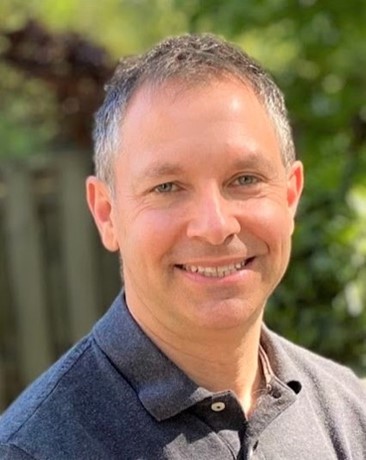Find a CBT Therapist
Search through our directory of local clinicians.
Jonathan Abramowitz

Mentor Spotlight
ABCT’s Spotlight on a Mentor program aims to highlight the diversity of excellent research mentors within the organization’s membership ranks. Our goal is to spotlight both promising and accomplished mentors across all levels of academic rank, area of specialization, and type of institution.
Jonathan Abramowitz, PhD is Professor of Psychology and Psychiatry, and Director of the Anxiety and Stress Disorders Clinic at the University of North Carolina. An internationally recognized expert on OCD and anxiety, he has published over 300 research articles, books, and book chapters. Dr. Abramowitz is a Past President of the Association for Behavioral and Cognitive Therapies and the founding editor of the Journal of Obsessive-Compulsive and Related Disorders. He is a regular presenter at professional conferences and has received numerous awards for his contributions to the field.
Response:
I take mentoring students very seriously and see it as “job one” of faculty members in clinical psychology training programs. It is definitely the most rewarding part of my job! I aspire to be a mentor who provides my students with tools, support, guidance, and constructive feedback they can use to thrive in their career as a psychologist. Having navigated the same path they are currently on, I’m in a position to help guide them.
My mentoring philosophy is to treat my graduate students as junior colleagues, as most scientific learning and development occurs through collegial discussion and activity. It is also my role to challenge and support my students with constructive feedback and advice. This includes observing and identifying their strengths as well as areas that they can build on; and encouraging and pushing them to better and better define and describe their ideas, perspectives, and results. Graduate school is a training period, and students are individuals developing toward independence. Given this, I want my students to get involved in ongoing lab projects and collaborate with each other, as well as take full control over their own research projects under my supervision. I find this helps them become more receptive to frank discussions, advice, and critical feedback. It is also my philosophy to be generative. As such, I give my students no shortage of opportunities to collaborate with me on books, journal articles, invited book chapters, conference workshops, and editorial work. I also encourage them to take the lead (and assume the lead author role) on most papers and presentations from our lab (as I am fortunate to now be at a stage where I do not need first-authored articles for myself). Nothing makes me happier to see them succeed and add entries to their CV!
As for my strengths, I believe I am good at respecting students’ privacy and boundaries, and allowing them to have a work-life balance. I try never to intrude on their time away from work/school and believe it’s important for them to have a fulfilling life outside of their school work (as I certainly do!). I would also say that my generativity is a strength. I’m extremely proud when my graduate students publish a first-authored paper, receive a grant, and present papers at conferences (unfortunately, I have had mentors who did not feel this way). Finally, I think students would say that I excel at teaching them how to write for scientific/academic audiences. Indeed, some of my favorite (and most valuable) experiences as a graduate student and postdoc involved sitting down and writing together with some of my mentors. We would discuss our thoughts and ideas, work through how to voice them in a succinct and thoughtful way, revise over and over until we were happy with how it read, and all the while have fun doing it! I learned to love writing this way, and I believe I’m pretty good at passing this love for writing on to my own mentees.
